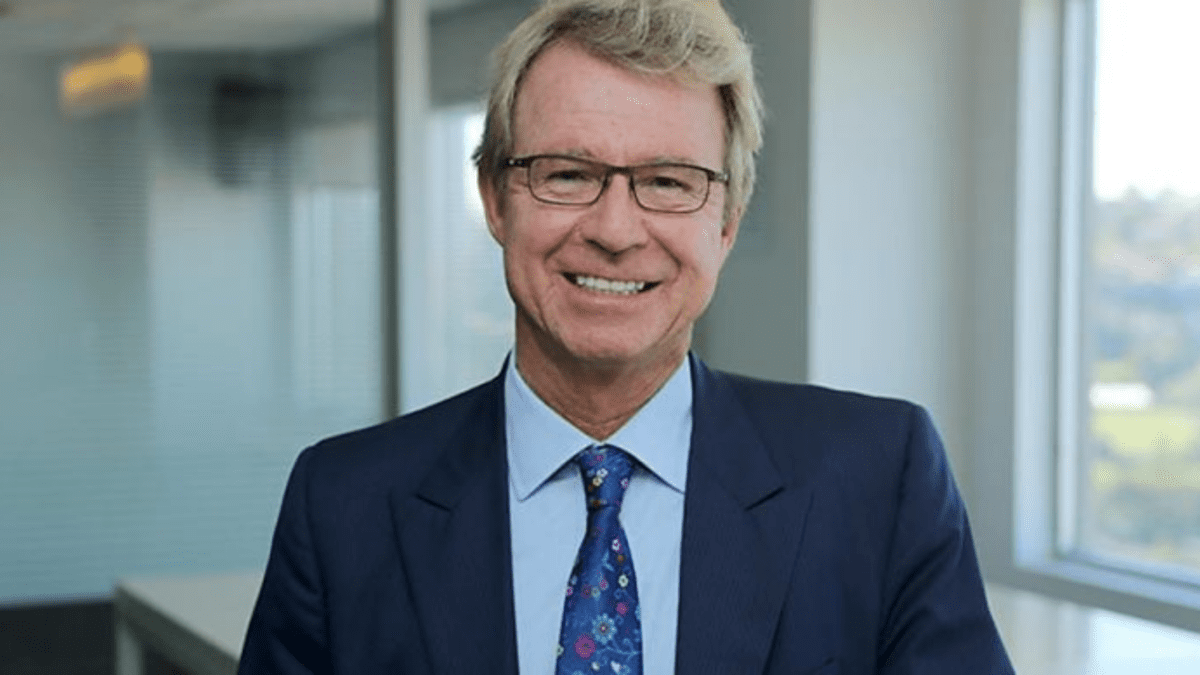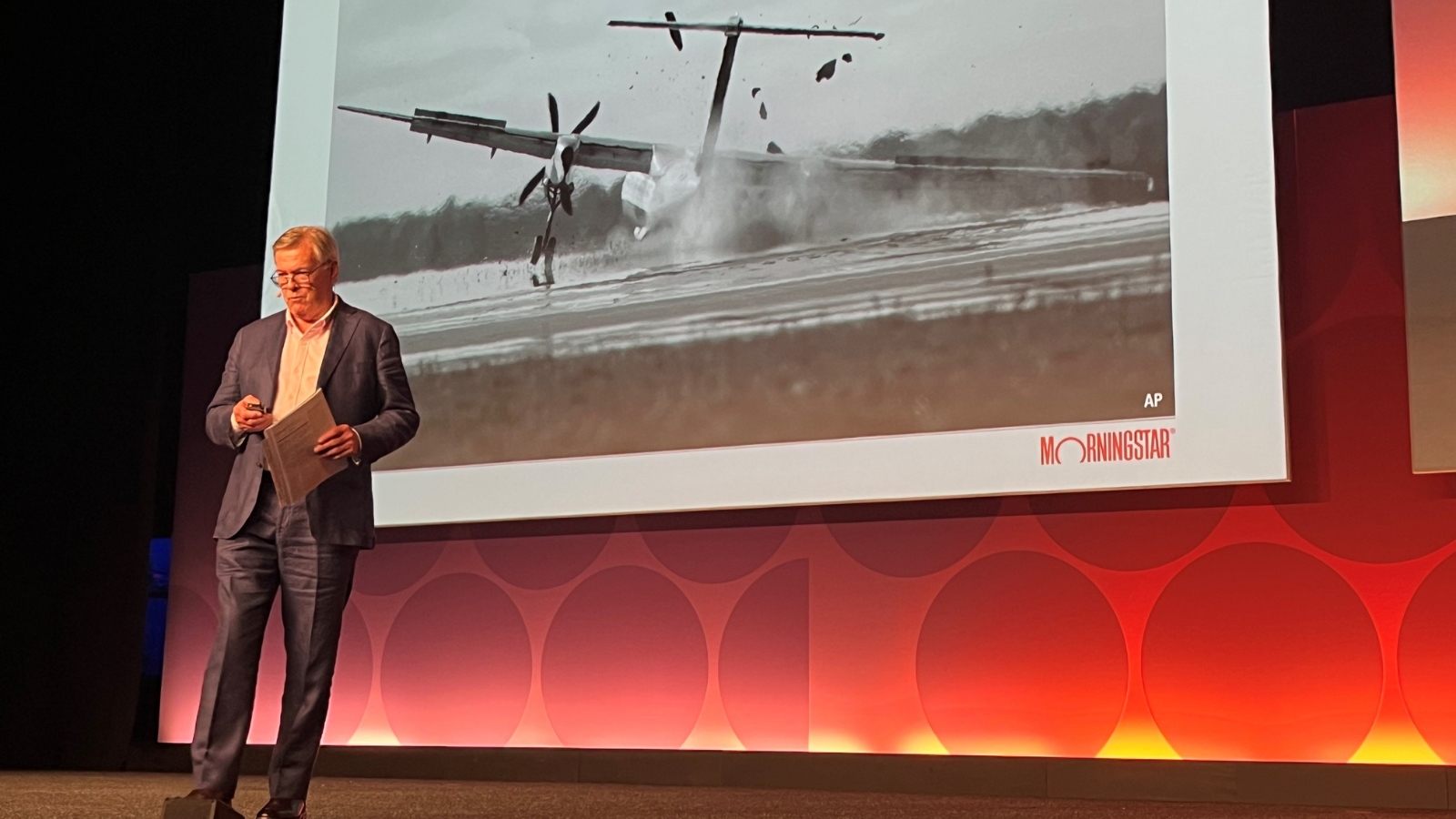Wealth transfer should start with financial literacy, not dollars: Wattle Partners
Preserving wealth and transferring it to the next generation are chief among Australians’ financial anxieties, and changing economics have many scrambling to shore up their future. But the most important step investors can take is not through any one investment strategy, according to Wattle Partners, but through financial education – and transferring that to the next generation, too.
Speaking with Rask founder Owen Raszkiewicz (pictured, right) at the Australian Shareholders’ Association (ASA)’s 2023 Investor Conference, the private wealth manager’s directors Jamie Nemtsas and Drew Meredith (pictured, left and centre) said most of their clients seek advice around the same big questions – like whether they will have enough money to last through retirement and how to best help their children financially.
They also found many of these fears – and most of the biggest mistakes investors make – could be avoided simply through improved financial literacy. That’s becoming especially important now, Nemtsas said, that “we’re in this period where markets are starting to act like markets”.
He noted that during the pandemic, “everyone became investors in their own right very quickly, and markets rewarded the new investors”. With markets rising, for instance, “no matter what ETF you bought, it went up,” he said. The potential new normal is amounting to trial by fire for investors who haven’t had to worry much about building a proper portfolio before now.
Raszkiewicz agreed that financial literacy and education are more critical than ever in the current environment, as anxious investors look for certainty. “One of the things we try to impress upon people is this idea of not preparing for a certain future, but preparing for any future,” he said. “You do that by having a truly diversified portfolio and through really cautious portfolio construction.”
And, while inflation and rate hikes are challenges, “there’s never been a better time to invest for retirees,” according to Meredith. The higher interest rate environment means more opportunities for capital growth after a long period when easy monetary policy distorted markets, but it’s important that investors know what they’re doing.
“It’s the first time in five years that you can build a truly diversified portfolio,” Nemtsas said.
Active vs. passive and the value of advice
The changing investment backdrop also means investors may have to work harder to grow their income, at a time when many are questioning the relative benefits of active and passive investment management and seeking financial benefit at the lowest cost.
A key part of advisers’ role is to bring rigour and structure to what investors do, Meredith said, noting that the ability to stay invested during every month is crucial. “In pretty much every crisis, we’ve seen that if you were able to stay invested rather than capitulating, you ended up doing significantly better than anyone who sold,” he said.
“That’s something we watch closely: where is all the money being invested in a given month? Where are the flows going? We want to make sure we’re not investing in the things that worked well in the last six to 12 months versus what’s going to work well in the next 12 months, three years, five years.”
And when it comes to the active-versus-passive debate, it all comes down to individual investors and their financial goals. But it’s important that people understand the long-term performance of their portfolio, including ensuring they actually get the diversified portfolio they’re paying active managers for.
“You pay for alpha, so if they deliver for alpha, fantastic,” Nemtsas said. “If not, you can buy beta for pretty much free.”
On the other hand, Meredith said, “if your objective is to get exposure to lowest possible cost, it kind of puts acumen to the side”. For most retirees, he noted, using a combination of management styles and applying a fee budget is the best approach. “We’re trying to build portfolios that are less volatile in the market by pulling on the tools of both active and passive.”
Common mistakes, one solution
While the ability to fund retirement is a major concern for most of Wattle Partners’ clients, Nemtsas said, people also tend to underestimate how long retirement will last.
“You work all your life to get to this point where you want to retire, but then it’s another 30 years of retirement, and there are a lot of stages in that,” Nemtsas said. “Thinking about retirement as linear is a mistake.”
And many investors who think they are diversified may find they have numerous stocks that do the same thing, while others tend to sell off key defensive assets like gold for not providing income. “The whole point of having a diversified portfolio is that everything doesn’t go up at the same time,” Nemtsas said. According to Meredith, “true diversification should be uncomfortable”.
At bottom, the partners said, these financial literacy issues arise because people don’t discuss money enough. They often encounter families with children thinking parents are much wealthier than they are – and people are living to be much older, putting expected inheritances out of practical reach.
From a theoretical perspective, Nemtsas said, there are three ways to transfer one’s wealth to the next generation: through dollars, love and knowledge.
“This concept of transferring wealth is a hard one, but if you educate your children about finance and about money, that’s going to be more powerful than the dollars.”









